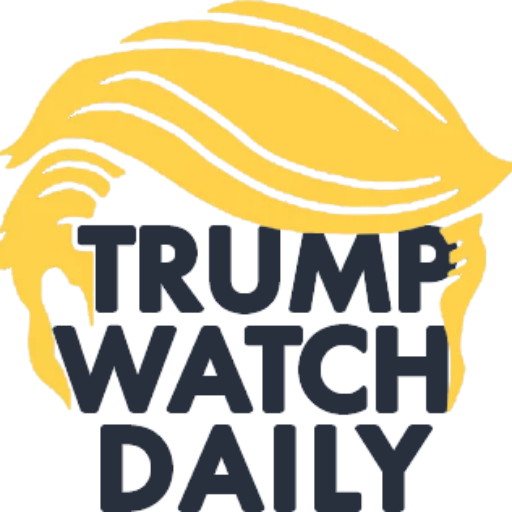
Title: Donald Trump and the Culture of Corruption: A Deep Dive
Stating the obvious is not always without merit – it allows for further introspection and clarification of a world assumed to be well understood. That’s the case when The New Yorker recently delved into what it labels “Donald Trump’s Culture of Corruption.” The ins-and-outs of this concept not only expose the underbelly of his presidential tenure but also undeniably mar the legacy built over four seemingly tumultuous years.
In their analysis, The New Yorker exposes this culture of corruption that had supposedly taken root right at the heart of Trump’s White House. Prioritized over principles, the publication argues, was the pursuit of profit, both personal and political. To those ends, ethics violations ran rampant and legal lines were often blurred or outright crossed. To The New Yorker, such practices came to define the Trump era – a startling conclusion deduced from countless reported instances of unethical behavior, financial wool-pulling, and overt cronyism.
We’ve seen corruption headline news coverage throughout Trump’s presidency and it follows the former president to his post-presidency days as well. As The New Yorker reports, “The President himself set the tone […] with near-daily demonstrations of disregard for the truth, for the Constitution, for basic competence, and for simple human decency.” This brutal assessment of Trump’s approach to leadership is not without its evidence. Scandal after scandal seemed to underscore a tenure characterized by an unusually pronounced tolerance for white-collar crime and corruption.
[Insert video placeholder here]
The so-called “Culture of Corruption” showcases a number of notorious incidents, from the scandalous to the criminal. Most notably, perhaps, was the impeachment trial, not once, but twice. Trump, the only U.S. president to ever be impeached twice, faced charges of abuse of power and obstruction of Congress in his first impeachment proceedings. The second trial was on charges of incitement of insurrection, stemming from the infamous attack on the Capitol building.
Countless other indictments followed Trump and his administration — including those of his former campaign chair Paul Manafort, former national security adviser Michael Flynn, and longtime ally Roger Stone. It seems the “culture of corruption,” as referred to by The New Yorker, was not confined to the walls of the White House but was woven into the fabric of Trump’s political and personal network.
Obviously, this analysis is not without controversy. Trump’s supporters passionately argue against accusations of corruption, often citing unsubstantiated claims of an orchestrated ‘witch-hunt’ against him. Despite the ample evidence and official charges brought against his associates, the narrative persists — perhaps a testament to Trump’s talent for spinning a good story.
Looking back, the perception of Trump’s presidency will undoubtedly be influenced by the culture of corruption that seemed to define it. As the legal proceedings continue to unfold in the post-Trump era, we may very well witness further unravelling of the tapestry of his tenure, lending more credence to The New Yorker’s claim.
It’s vital, however, to remember that this isn’t just about one man or even one administration. Rather, it underlines the crucial need for accountability and transparency in leadership — principles which should prevail over personal or political gain. As voters and citizens, we must remain vigilant and demand the highest level of ethical conduct from our leaders — and fervently reject the culture of corruption, no matter where it’s found.
Source: Original Article

